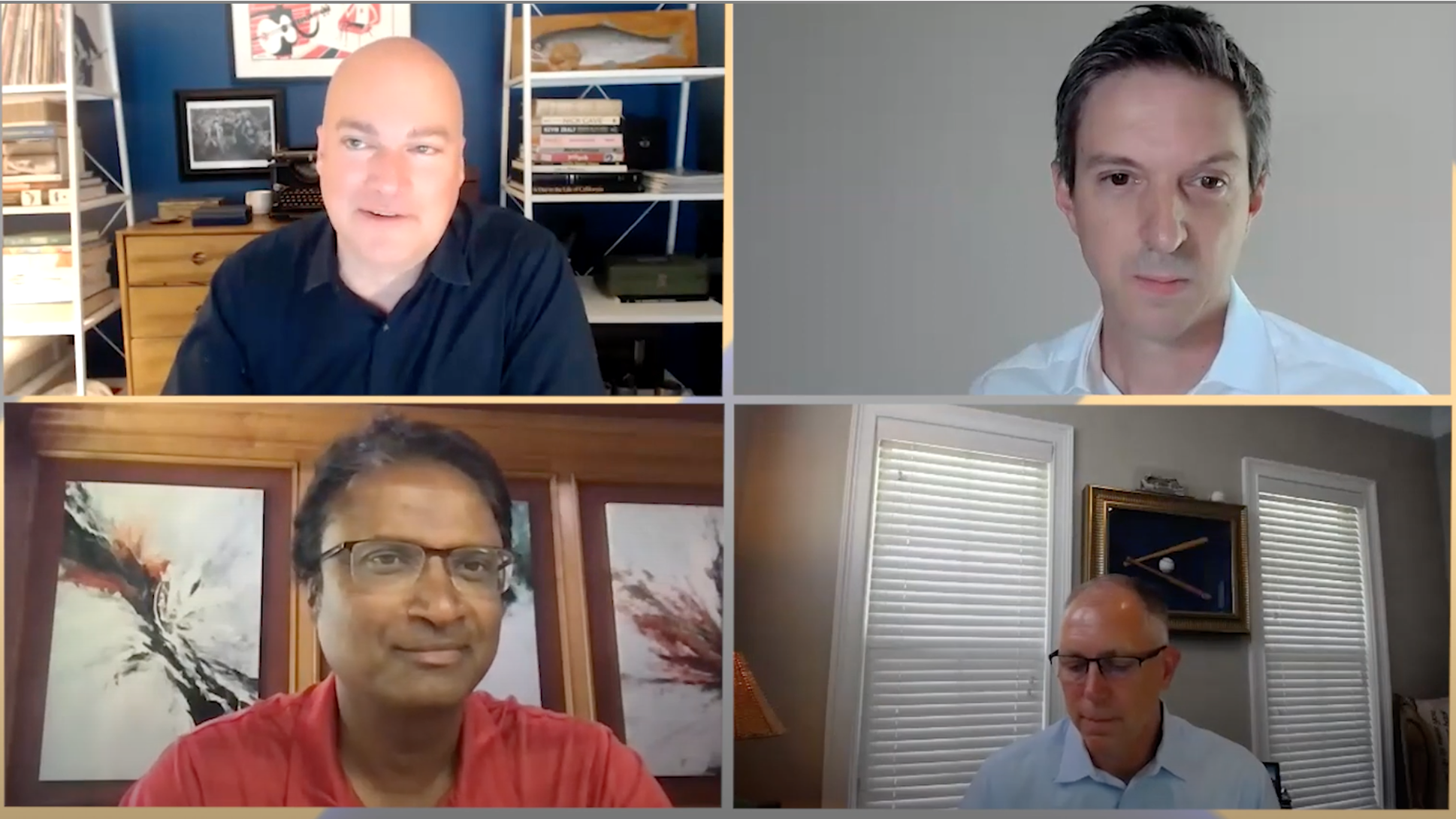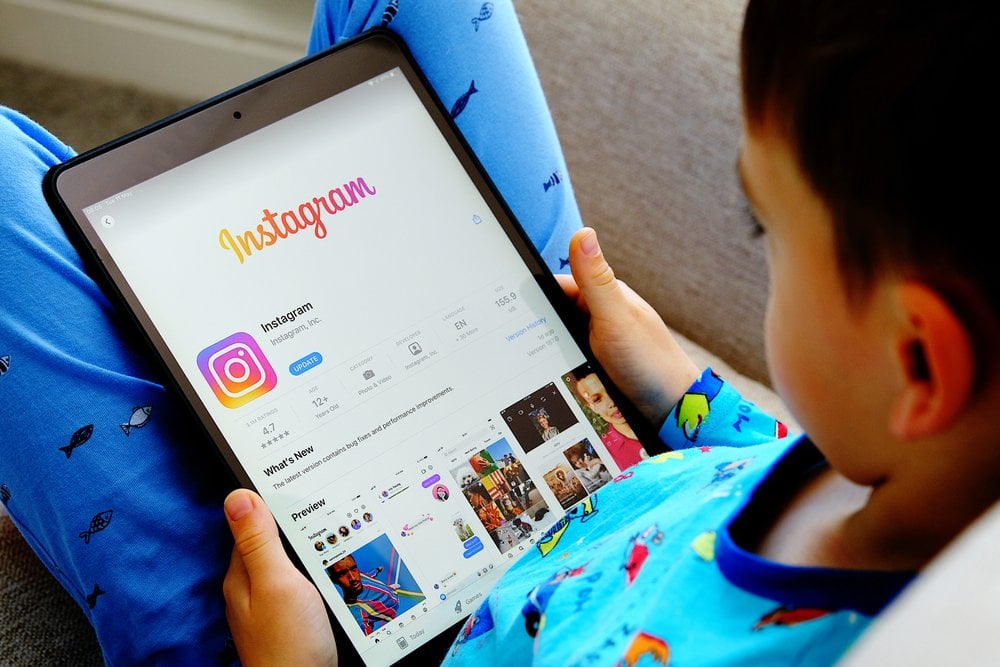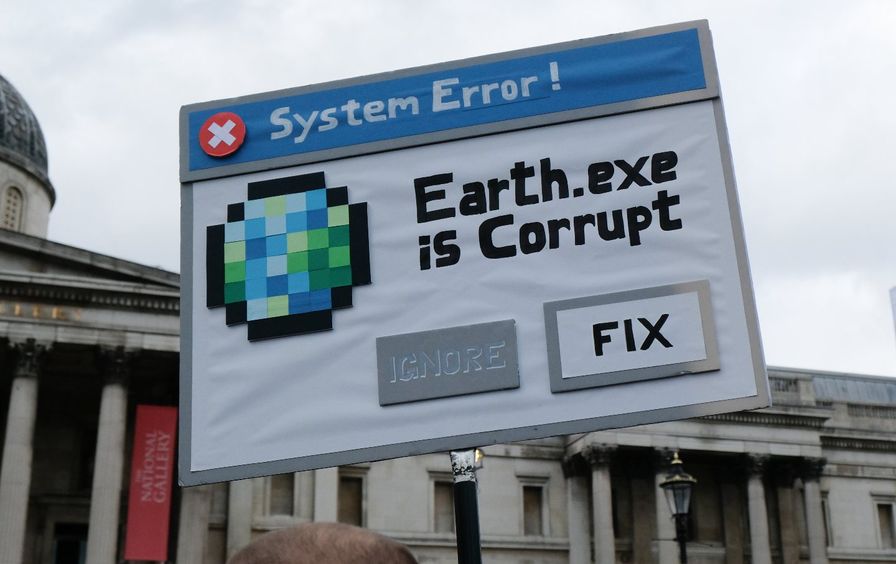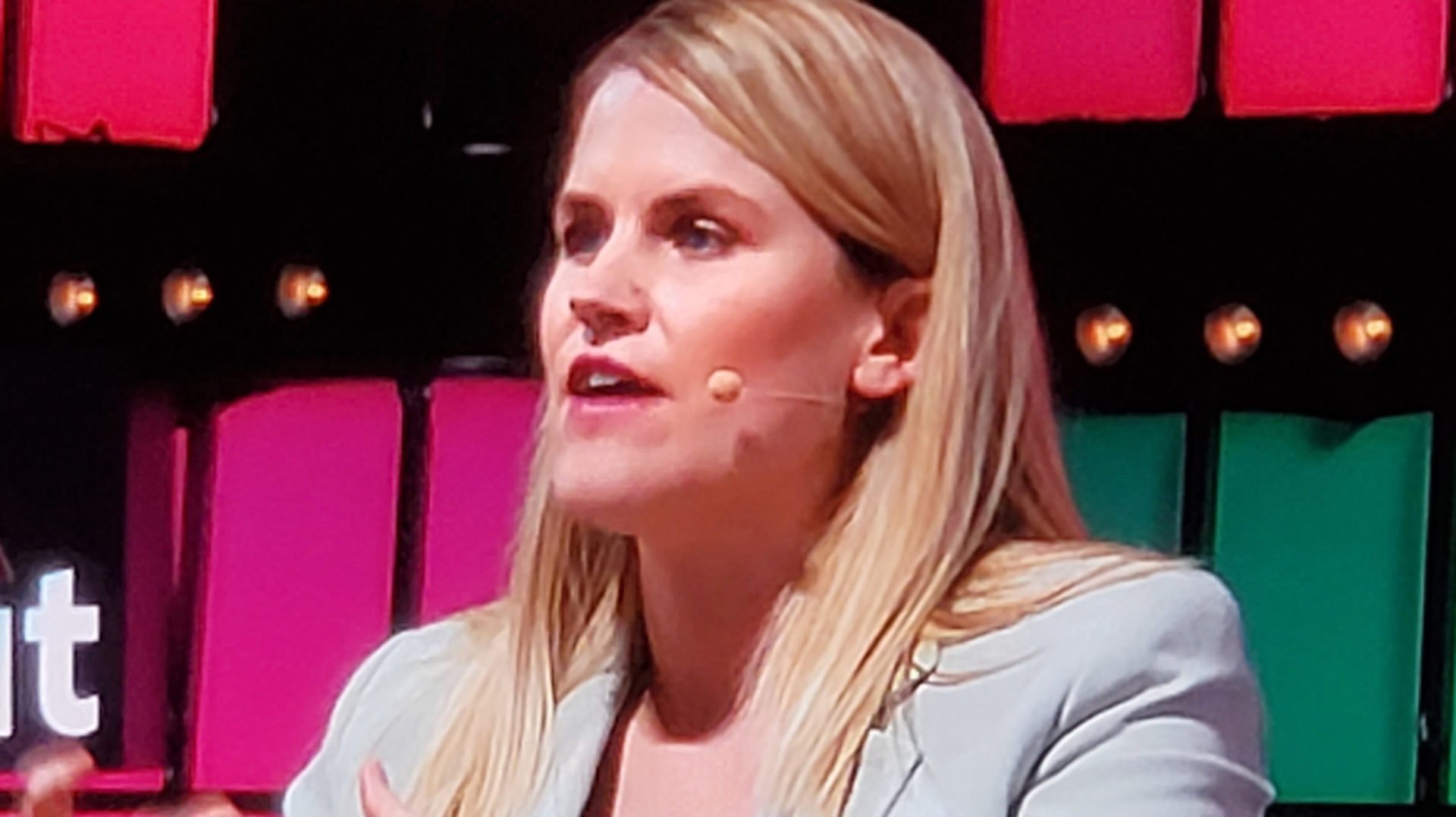As we gingerly enter a new decade, surrounded by anxiety, political division, and growing global geopolitical tension, what happens with tech? After all, 2030 is when the U.N.’s Sustainable Development Goals target a vast range of improvements in the human condition. That’s just the end of this decade, and we desperately need that progress. Will tech help us get there, or will it slow us down?
The answer will be determined by how well a wide set of players in global society grapple with tech’s impact. During the teens, tech innovations ran rampant with little guidance from anyone but often heedless company founders and their investors. The world is struggling to deal with the consequences.

Now others must help mold tech’s next phase—government regulators, the larger business community, NGOs, citizens, journalists and the media, and experts from fields as diverse as psychology and military strategy.
At present, much of society’s attitude towards tech, and especially its biggest companies, is pessimistic and even downright ugly. But if we go overboard in coming down on tech in the 20s, we risk jeopardizing its gifts. The challenge for the decade will be finding a path, both in the U.S. and globally, that enables us to restrain tech’s harms while amplifying its benefits. I worry we will throw out the good parts of tech in our obsession with its murky and unacceptable bathwater.
There is much to fix. In the last weeks of December, The New York Times published an entire special section entitled The Decade Tech Lost Its Way. It enumerated painful moments when tech seemed to escape the control of its inventors, or those inventors seemed unethical or even immoral, leading people to become unnerved or addicted or unemployed, and society to become fractured and less civil.
But we should be cautious about delivering a simple guilty verdict when pronouncing on the confusing morass that is tech’s impact on modern society.
Facebook is exhibit A. There is no question it has caused grievous harm to our politics, amplified divisive voices and reinforced a culture of vanity and competition, not to mention encouraging most of us to click too often on things that don’t much matter. Facebook led the way on the path of digital addiction, along with YouTube, other social media, and games.

But Facebook also still brings people together. For all the chasms it creates, it also bridges many divides. Families and friends are more closely in touch. For me, as a professional observer of this company for more than a decade, the fact that 2.7 billion people rely on its products is in itself a testimony to its value. As an elite American commentator I don’t feel I have the right to condemn that behavior, however much it sometimes scares me.
Facebook’s ads are often manipulative of our attention and our time, and their targeting brings with it many problems and maladies. But here’s another thing—small businesses around the world are incredibly empowered, even in what might be considered a historic way, by that ability to target customers with exactitude.
One of the central problems with Facebook is that it seems to reflexively treat the concerns of society merely as PR problems to be managed, while continuing business as usual. There has to be new pressure from the outside that insures that pattern is broken.
As for Amazon and Google, while there are innumerable issues about which people feel growing concern, the central issue is their sheer scale. We are now too reliant on these for-profit companies for services that increasingly feel like they should be public utilities. But that’s a backhanded compliment about the extraordinary success these two companies have had building services that most of us cannot imagine living without.
It’s a conundrum. It demands action. But exactly what action? Certainly we need much more aggressive and large-scale government oversight. But should that be global, since these companies operate increasingly everywhere? How would that work? Who would do the overseeing?
The companies, including Facebook, have a global weight and presence that transcends borders and the power of nation-states. That may be unmanageable with our current systems, but we cannot simply accept it. We have to find new systems of oversight and governance. Such are the challenges of the 20s.
I worry about appealingly-simple solutions like breaking up big tech companies or banning targeted advertising completely.
And yet the fabulously-wealthy leaders of these companies show disturbingly little concern for the day-to-day welfare of society or for their responsibility to be accountable for the consequences of their decisions. Heeding Wall Street over Main Street, they time and again default to the path of relentless growth and higher profits. Societal concerns are abandoned or ignored.
Do we need some new way to think about the financial and investment performance of companies of this scale and scope? I don’t know. I doknow, though, that such questions will be asked in coming years if the power and centrality of these companies remains unchecked.
Today’s tech challenges our privacy, interrupts us at every turn with highly-targeted commercial messages, addicts us, and undermines our democracies. But it also empowers dissenters and activists, enriches us with otherwise-unavailable information on almost every subject, gives us access to products we’d otherwise struggle to find, empowers small businesses, helps us find our way, and keeps us company.
In addition, a variety of powerful new tools are emerging and will come to maturity in the 20s–5G wireless, augmented reality and autonomous vehicles among them. We’ll probably even see quantum computing become useful. These levers could be used to assist humanity’s advance. Or, if they are unmanaged and left to a few short-sighted companies, they will slow it.
My big question for the decade is whether society will find the means to grapple effectively with all these challenges, Governments and the companies themselves must come to understand the benefits of more methodical cooperation and partnership, with each other and with other societal actors. Citizens and voters must even recognize the centrality of these issues when they decide who should be in charge of their democracies.
Tech has taken a central place in society, and we cannot pretend otherwise. When I started covering it in the early 1980s, the biggest issue was which PC company would best take advantage of Microsoft’s software and Intel’s hardware. In the 2020s the issues will be whether we can control our own destinies and keep our democracies.
David Kirkpatrick is Techonomy’s editor-in-chief. Many of these issues were discussed at the recent Techonomy 2019 conference.See for example the opening session, or Tim O’Reilly, Wikimedia’s Katherine Maher, Tristan Harris, Konstantinos Karachalios of IEEE, Marta Kosmyna, Martin Sorrell, Jeff Weiner, or Craig Newmark and Marta Tellado of Consumer Reports.
Photo by By Tymonko Galyna, courtesy Shutterstock.















